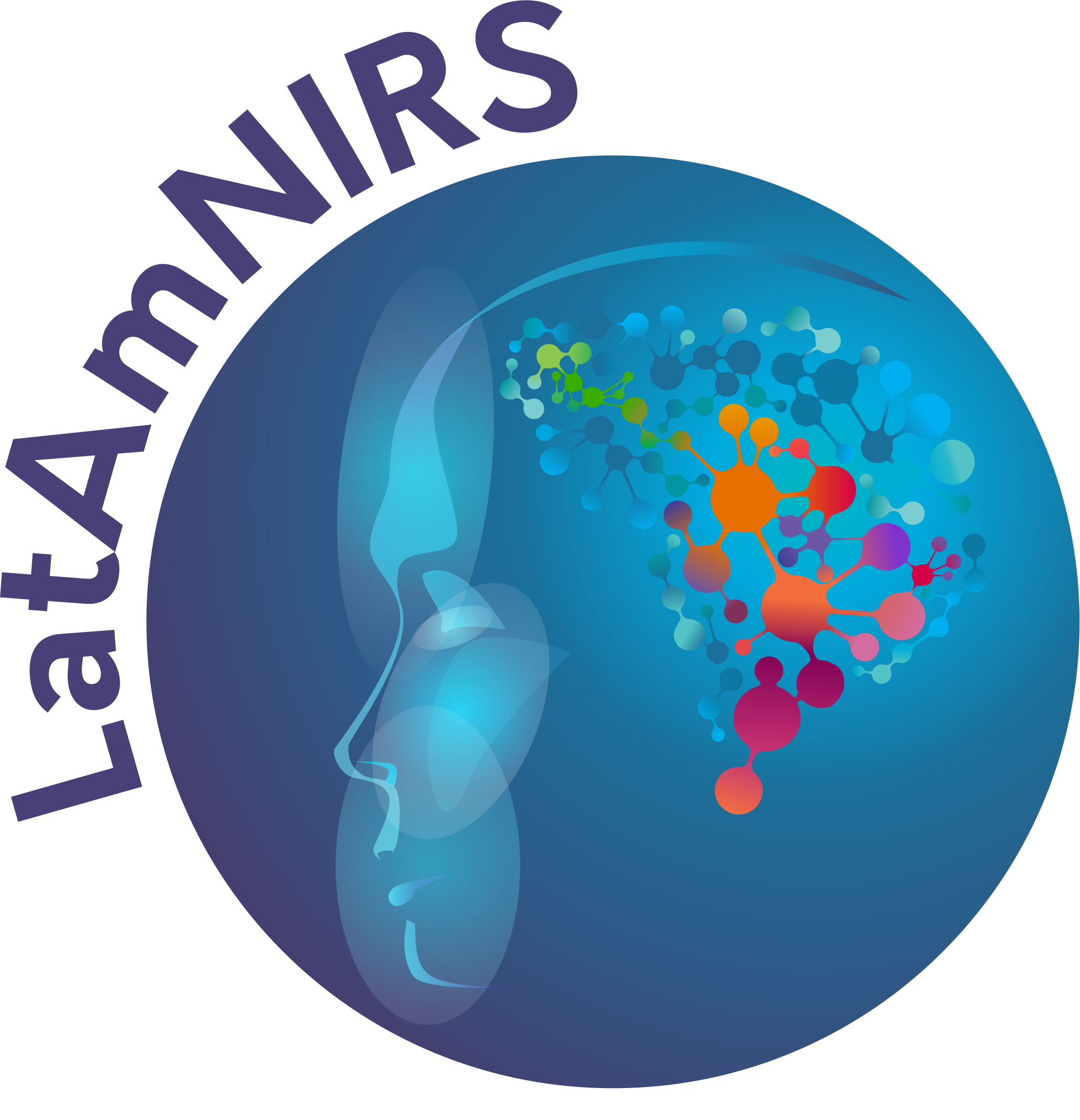Resting state
Definition: Resting state is a condition of a participant’s nervous system and empirical measurements thereof (e.g. with MRI, NIRS or EEG) in which no explicit external stimulation or task is given or presented. Several different brain networks, such as the default mode network, are believed to be active in this condition. Measuring resting state brain activity or connectivity is often used to establish differences between groups of participants (e.g. a clinical vs. a healthy population etc.). Various analyses may be applied to resting state data, such as functional or effective connectivity analyses.
Alternative definition:
Synonym:
References: https://doi.org/10.1016/j.tics.2013.09.016https://doi.org/10.1016/j.neuroimage.2012.06.011
https://doi.org/10.1016/j.neuroimage.2012.01.044
https://doi.org/10.1016/j.jneumeth.2009.11.010
https://doi.org/10.3389/fnsys.2010.00019
Related terms: task period, spontaneous resting-state activity, resting-state functional connectivity
